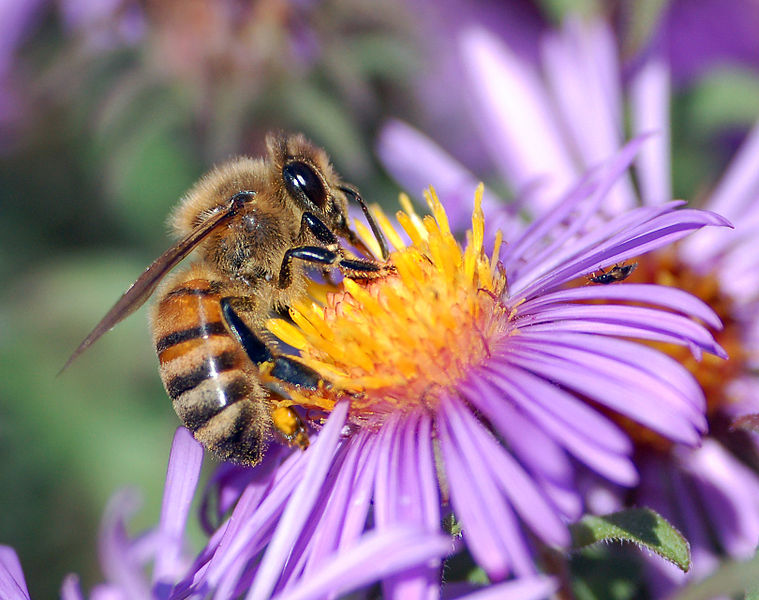
It turns out that while colony collapse has increased the number of winter bee colony losses from an average of 15% to 30%, the result has not been fewer springtime bees. Beekeepers have adapted by simply splitting and “requeening” their colonies. As a result, total bee numbers were higher in 2010 than in any year since 1999.
Thurman and Rucker also note that honey production and pollination service fees have remained stable. If the effects of colony collapse were significant, they claim, we would expect to see honey production falling and pollination fees rising.
Why haven’t we seen the predicted declines?
Commercial beekeepers routinely fight diseases and parasites that threaten their tiny livestock. They apply miticides. They monitor and manipulate their colonies’ genetic stock. And they adjust to changing circumstances, such as increased winter mortality, by increasing bee populations in anticipation of winter losses. It is these efforts that explain the relative stability of the nation’s bee population and its products in the face of CCD and other diseases and parasites.
Read their op-ed here. And don’t worry, there’s only one bee joke.



